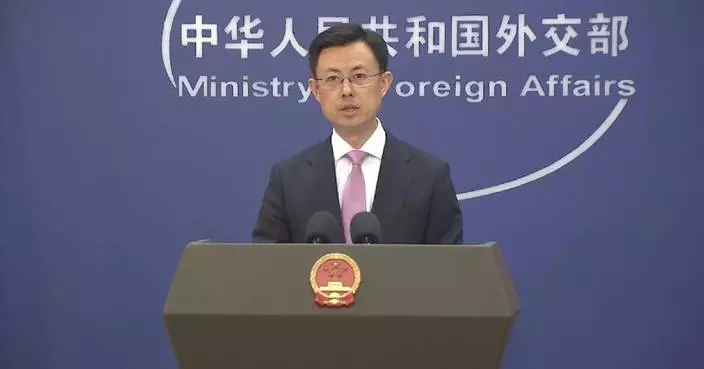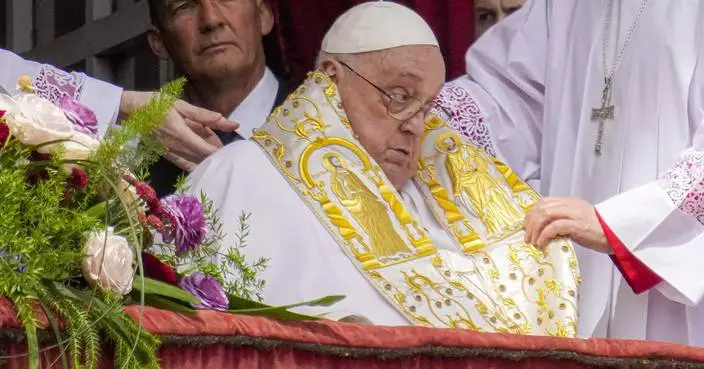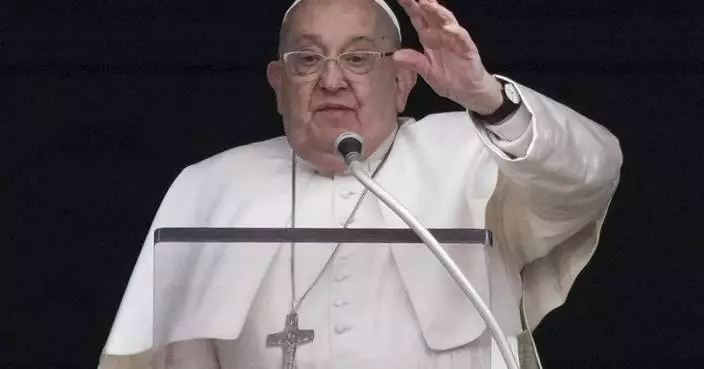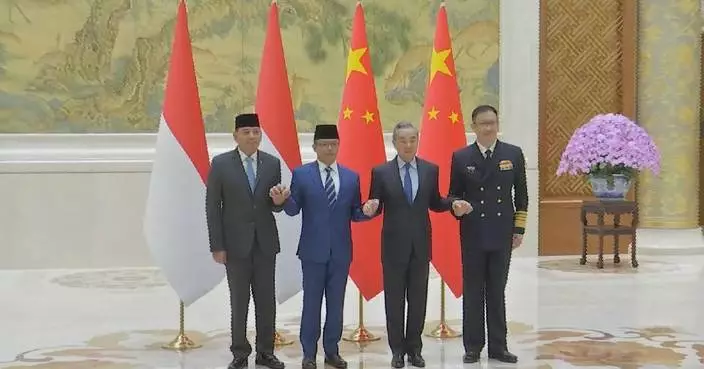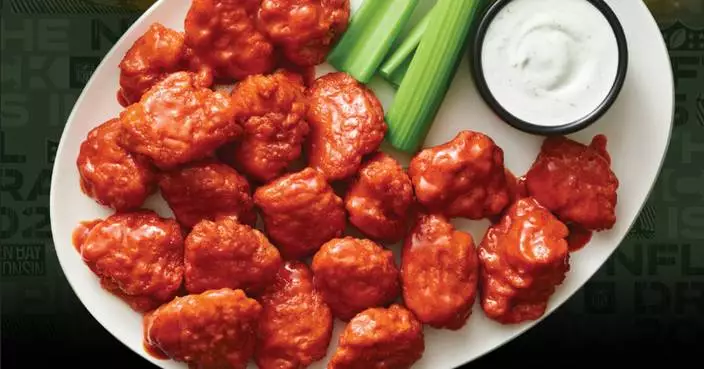Mark Pinkstone/Former Chief Information Officer of HK government
US President Donald Trump has started an international biased war on trade; biased in a way that places like Hong Kong are being penalised even though they have a deficit trade balance with the US.
The US goods trade surplus with Hong Kong was US$21.9 billion in 2024, a 7.6 per cent increase over 2023.
Yet, Hong Kong has long been considered a separate customs territory from the mainland of China as stipulated in the Basic Law and by the World Trade Organisation (WTO) before and after the Handover in 1997. It also enjoyed preferential treatment from the US in terms of trade and economy under US law since 1992. But Trump put an end to that with an executive order in his first term of office in 2019 when he sided with the rioters in Hong Kong.
Total goods traded between the US and Hong Kong last year totalled US$33.8 billion. US exports to Hong Kong were US$27.9 billion while Hong Kong exports to the US totalled only $6 billion, thus the near US$22 billion surplus in favour of the US.
By wrongfully lumping Hong Kong’s trade figures with that of the mainland, Hong Kong is being penalised by the US for something it hasn’t done.
Trade lecturer at City University of Hong Kong, Julien Chaisse, has been quoted in the local press as saying “Hong Kong is in a tough spot. The US no longer treats Hong Kong as a separate from the mainland, which strips away any trade advantages we once had.”
Hong Kong has, naturally, lodged a complaint against the US with the WTO. A spokesman for the Special Administration Region (SAR) Government of Hong Kong, said “The US measures are grossly inconsistent of the relevant WTO rules and ignore our status as a separate customs territory as stipulated in Article 116 of the Basic Law and recognized by the WTO.”
The HKSAR Government will formally launch procedures in accordance with the WTO Dispute Settlement Mechanism against the US’ unreasonable measures to defend our legitimate rights.
However, although the WTO is an independent body it is currently being controlled by the US.
Traditionally the Appellate Court of the WTO adjudicates disputes between member states, but it is currently composed of only one judge. In normal circumstances, the court has seven judges, but a minimum of three is required for a quorum. The appellate body fell to one judge on December 10 last year when member states failed to make new appointments. That in turn has halted all appeal judgements on trade matters until a new solution is reached. Also, the US has threatened to block the body’s budget. So, even though both China and Hong Kong, plus many other member states, have lodged complaints against the US for its tariffs war, very little can be done until more judges are appointed. And that could take ages as such appointments will continue to be blocked by the US.
It is well recognized that there are no winners in trade wars, and it is the little man, the man in the street who suffers as the tariffs are passed down the line to the consumer, thus causing inflation to rise. But Trump thinks nought for the little man, only himself.
The Chinese ambassador to the US, Xie Feng, also believes there are no winners in trade wars nor in wars over science, technology or industry. Differences, he said between the two nations should be the driving force for exchanges and mutual learning rather than “the excuse for rejection and confrontation and that successes of each were opportunities for the other.”
On the sidelines of last week’s National Peoples’ Congress in Beijing, China’s commerce minister Wang Wentao, hit back at Trump saying that coercion and threats would not work on China, nor would they scare China. “China’s determination to defend its own interests is unswerving. There are no winners in a trade war.
“If the American side goes further down this wrong path, we will fight to the end,” he warned.
China is the main trading partner in 140 countries and has free trade agreements (FTAs) with 30. And it is ready to sign even more FTAs to minimize the impact of restrictions imposed by the US.
So, China as perhaps the world’s largest trading partner and a key cog in the supply chain mechanism, the US bullying tactics would have little impact on China’s Gross Domestic Product by as little as 1 per cent, even if the tariffs went as high as 60 per cent.
Mark Pinkstone
** The blog article is the sole responsibility of the author and does not represent the position of our company. **
















